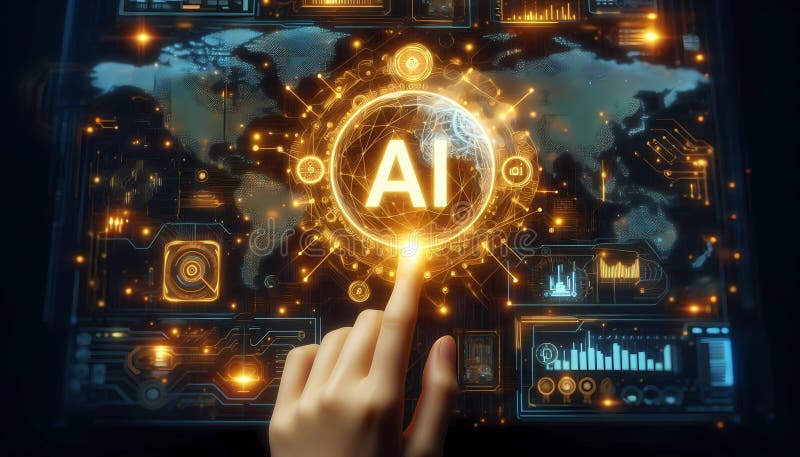The gaming industry is on the brink of a revolutionary transformation with the rise of AI-generated games. As artificial intelligence continues to evolve, developers are leveraging its power to create immersive, dynamic, and highly personalized gaming experiences. This article explores how AI is shaping the future of video games, the benefits it brings, and the potential challenges it may face.
How AI is Revolutionizing Game Development
Artificial intelligence is no longer just a tool for automating tasks—it is now a core component in game design, storytelling, and player interaction. Here’s how AI is changing the landscape:
A. Procedural Content Generation
AI can automatically generate game worlds, levels, characters, and even quests. Unlike traditional methods that require manual design, AI-driven procedural generation allows for near-infinite variations, ensuring no two playthroughs are the same.
-
Example: Games like No Man’s Sky use procedural generation to create vast, explorable universes.
B. Dynamic Storytelling & NPC Behavior
AI enables non-playable characters (NPCs) to react intelligently to player choices, making interactions more realistic. Advanced natural language processing (NLP) allows NPCs to engage in meaningful conversations.
-
Example: AI-driven RPGs can adapt narratives based on player decisions, offering a unique experience for each gamer.
C. Enhanced Graphics & Animation
Machine learning algorithms can upscale textures, generate realistic animations, and even create lifelike facial expressions, reducing the workload for artists.
-
Example: NVIDIA’s DLSS technology uses AI to improve graphics performance without sacrificing quality.
D. Personalized Gaming Experiences
AI analyzes player behavior to adjust difficulty, recommend content, and even modify game mechanics in real time. This ensures a tailored experience for each user.
-
Example: AI Dungeon uses GPT-based AI to generate custom storylines based on player input.
The Benefits of AI-Generated Games
A. Faster Development Cycles
AI automates repetitive tasks, allowing developers to focus on creativity rather than manual labor. This speeds up production and reduces costs.
B. Infinite Replayability
With procedurally generated content, games can offer endless variations, keeping players engaged for longer periods.
C. Lower Costs for Indie Developers
Small studios can leverage AI tools to compete with AAA titles, democratizing game development.
D. Improved Player Engagement
AI-driven personalization keeps players invested by adapting to their preferences and playstyles.
Challenges & Ethical Concerns
Despite its advantages, AI-generated gaming faces several hurdles:
A. Quality Control
Automated content may lack the polish of handcrafted designs, leading to inconsistent quality.
B. Job Displacement in the Industry
As AI takes over certain tasks, some traditional roles in game development may become obsolete.
C. Ethical AI Use
Concerns about AI-generated deepfake voices, biased algorithms, and copyright issues must be addressed.
The Future of AI in Gaming
The next decade will likely see AI becoming a standard tool in game development. We can expect:
-
Fully AI-designed games with minimal human intervention.
-
Hyper-realistic virtual worlds powered by neural networks.
-
Cloud-based AI gaming where experiences evolve in real time.
Conclusion
AI-generated games are set to redefine the gaming industry by offering unprecedented creativity, efficiency, and personalization. While challenges remain, the potential for innovation is limitless. As technology advances, players and developers alike must adapt to this exciting new era.












